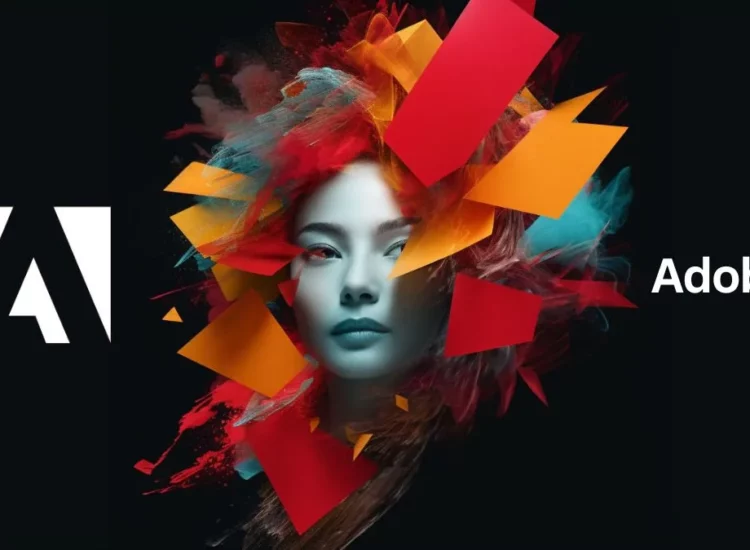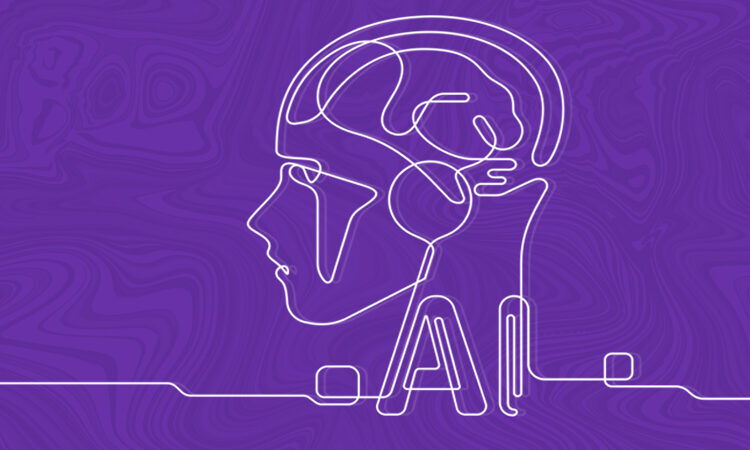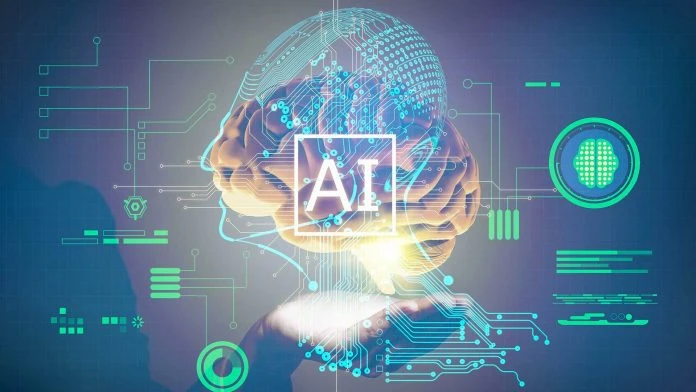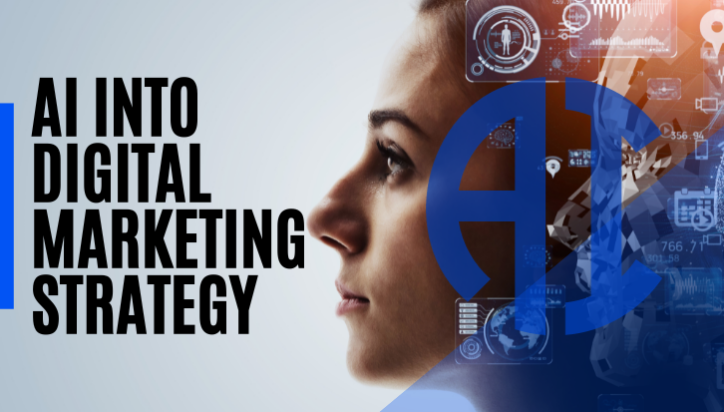The rapid growth of the AI and blockchain markets, with projections exceeding $703 million by 2025, highlights the immense potential of the best AI crypto projects. These projects are not merely a passing trend they signify a fundamental shift in how we engage with technology. By harnessing the power of AI, these projects are paving the way for a more intelligent, efficient, and interconnected digital world.
Toc
The Rise of AI Crypto Projects: A New Frontier for Web3

The marriage of Artificial Intelligence (AI) and blockchain technology is revolutionizing Web3, creating a new era of possibilities. This innovative blend is not only reshaping traditional business models but also addressing longstanding challenges in the crypto space. As Web3 entrepreneurs look to the future, understanding the “best AI crypto projects” becomes essential for unlocking the full potential of these technologies.
AI crypto projects offer numerous benefits, including enhanced scalability, improved privacy, and smarter decision-making capabilities. As we move towards 2025, industry reports indicate that the combined market size of AI and blockchain technologies is expected to exceed $703 million, growing at a compound annual growth rate (CAGR) of 25.3% from 2020 to 2025. According to a 2023 report by a reputable source, the global blockchain AI market is projected to reach $2,787 million by 2033, showcasing a remarkable 23.1% CAGR.
This rapid growth underscores the potential of AI crypto projects to revolutionize various sectors, including finance, healthcare, and logistics. Blockchain leaders are prioritizing the optimization of AI operations, which is becoming increasingly critical compared to traditional areas like database automation and security.
Key Use Cases of AI in Web3

The integration of AI into the Web3 landscape is yielding transformative applications:
AI-Powered Smart Contracts
AI significantly enhances smart contracts, which are essential for decentralized applications (dApps) in the Web3 ecosystem. By incorporating AI algorithms, these smart contracts gain intelligence, adaptability, and increased security. This advancement opens up new use cases in decentralized finance (DeFi) and supply chain management, where dynamic responses to data inputs can optimize performance and reliability. AI-powered smart contracts are already being used in real-world applications. For example, Aave, a decentralized lending platform, uses AI algorithms to optimize interest rates and loan terms, dynamically adjusting them based on market conditions and borrower risk profiles. While AI-powered smart contracts offer potential benefits, critics argue that the complexity of AI algorithms can lead to unintended consequences and vulnerabilities. Ensuring the security and reliability of these contracts is crucial, as any errors could have significant financial implications.
Decentralized AI Agents
AI agents—autonomous software entities—are becoming integral to Web3 platforms. These agents act as tireless digital assistants, streamlining processes and enhancing user experiences, making Web3 applications more efficient and user-friendly. Beyond customer service, AI agents are finding applications in decentralized governance. Colony, a decentralized work platform, employs AI agents to automate tasks like proposal evaluation and task allocation, enabling more efficient decision-making within their DAO. However, some argue that the reliance on AI agents could lead to a loss of human control and decision-making authority. It’s essential to carefully consider the ethical implications and ensure that AI agents operate within predefined boundaries and ethical guidelines.
Data Monetization and Privacy
AI crypto projects are revolutionizing data monetization while ensuring user privacy. By leveraging blockchain technology, these projects create secure, decentralized data marketplaces where users can buy, sell, and exchange data without compromising confidentiality. This approach not only empowers users but also offers businesses innovative ways to monetize their data assets. The Ocean Protocol platform has partnered with IBM to develop a data marketplace for healthcare data. This partnership allows hospitals and research institutions to securely monetize their data while protecting patient privacy through differential privacy techniques.
Decentralized Cloud Computing
The convergence of AI and blockchain is also leading to the emergence of decentralized cloud computing platforms. These platforms offer enhanced security, cost-effectiveness, and scalability compared to traditional cloud solutions. AI crypto projects are redefining how Web3 businesses access and utilize computing resources, providing a more robust infrastructure for their operations.
Top Best AI Crypto Projects for Web3 Businesses
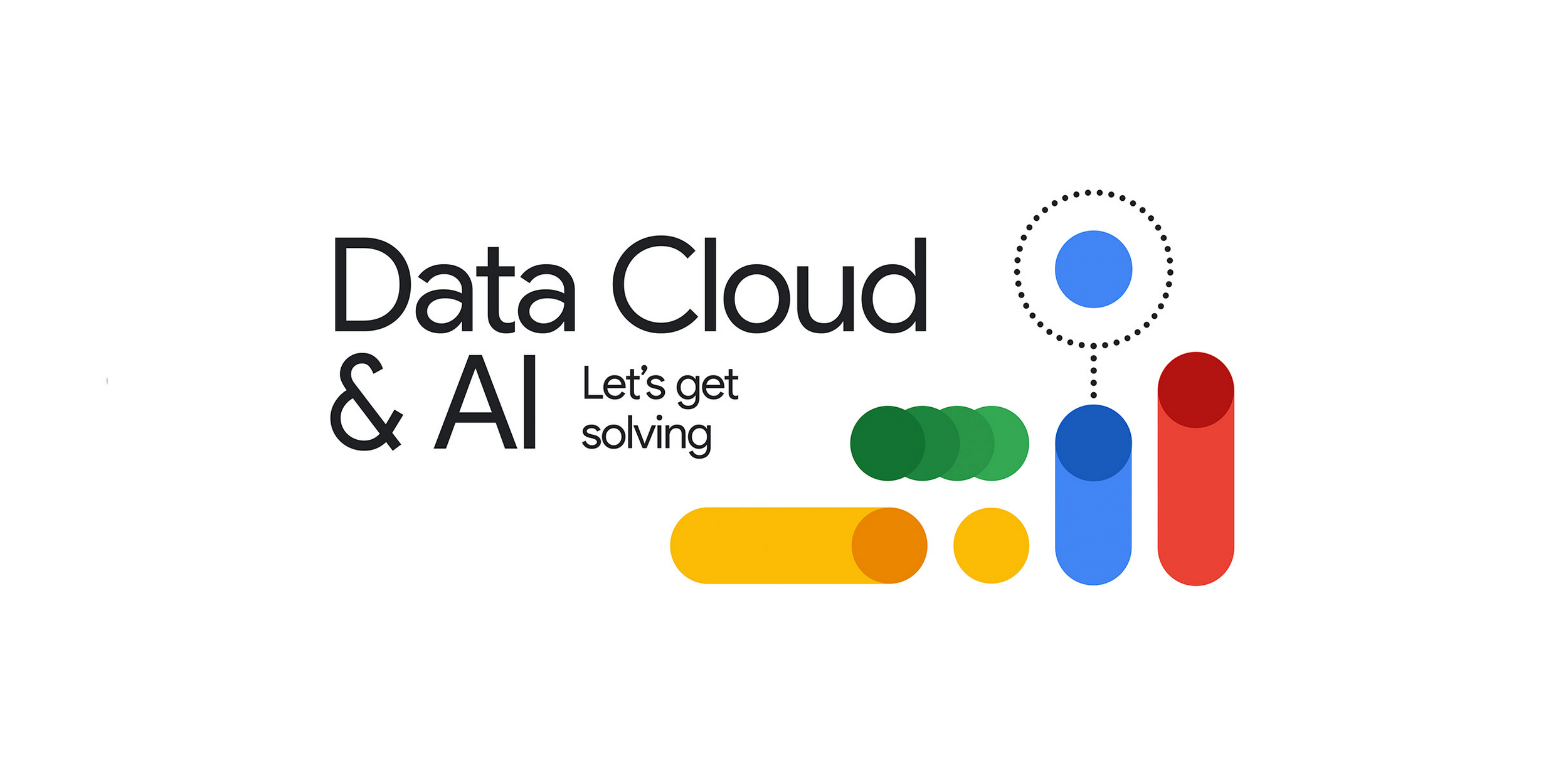
Here are some of the leading AI crypto projects that are shaping the future of Web3:
Fetch-ai (FET)
Fetch.ai is a decentralized machine learning platform that harnesses AI agents to automate a variety of tasks, from asset trading to energy grid optimization. This innovative platform uses AI to create and operate a blockchain network, providing developers with an AI-driven mechanism for building dApps. The FET token serves as the native cryptocurrency, facilitating access to the platform’s services.
Ocean Protocol (OCEAN)
Ocean Protocol is a decentralized data exchange protocol that enables the tokenization and monetization of data assets. Its unique data token model allows users to trade datasets, including previously inaccessible information, within a secure marketplace. The OCEAN token is the primary currency for transactions, staking, and governance within the Ocean ecosystem, empowering users to monetize their data while maintaining privacy.
OpSec Network (OPSEC)
The OpSec Network is a Layer-1 blockchain designed to provide a decentralized, AI-powered cloud computing platform. It offers a variety of cloud storage solutions, including web hosting and GPU hosting. The OPSEC token is integral to accessing the platform’s diverse computing services, making it a valuable asset for users seeking reliable cloud solutions.
Artificial Liquid Intelligence (ALI)
Artificial Liquid Intelligence (ALI) is a platform that enables users to create AI-generated intelligent non-fungible tokens (iNFTs)—unique digital assets with dynamic features and capabilities. These iNFTs can serve as virtual guides, assistants, or even integrate into blockchain-based gaming experiences. The ALI token is utilized within the AI protocol and its associated decentralized applications, enhancing the ecosystem’s functionality.
Other Notable AI Crypto Projects
In addition to the aforementioned projects, several other AI crypto initiatives are making waves in the Web3 space:
- SingularityNET (AGIX): A decentralized marketplace for AI services, enabling developers to share and monetize their AI tools.
- Numerai (NMR): A hedge fund that leverages AI models to predict stock market trends, encouraging data scientists to contribute their insights.
- Cortex (CTXC): A blockchain network that allows users to run AI systems on a distributed framework, fostering collaboration and innovation.
- Render (RNDR): A decentralized rendering network that utilizes AI to enhance performance and efficiency in graphics processing.
- Covalent (COVT): A blockchain data platform that employs AI to improve data accessibility and usability for developers.
Emerging Trends in AI Crypto

As the AI crypto landscape evolves, several emerging trends are noteworthy:
Federated Learning
Federated learning is transforming how AI models are trained and utilized in the Web3 ecosystem by distributing the training process across multiple decentralized nodes. This innovative approach allows for improved data privacy and security, as it enables AI models to learn from a broader dataset without the need to centralize sensitive data. This is particularly significant in industries that handle large volumes of personal or sensitive data, such as healthcare or finance, where privacy is paramount. By keeping data on local devices and only sharing model updates, federated learning minimizes the risk of data breaches while still enabling powerful AI applications. As this technology continues to mature, it holds the potential to democratize AI capabilities, allowing a greater variety of participants to contribute to and benefit from AI advancements without compromising individual privacy.
Zero-Knowledge Proofs
Zero-knowledge proofs are garnering attention within the AI crypto sector for their potential to enhance privacy and security. These cryptographic techniques allow one party to prove to another that a statement is true without revealing any actual information about the statement itself. In the context of AI and blockchain, zero-knowledge proofs can be used to verify transactions or validate data exchanges without exposing sensitive details. This capability is essential in creating trustless environments where privacy is a priority. As AI crypto projects continue to explore the integration of zero-knowledge proofs, they present new opportunities for maintaining confidentiality while facilitating seamless interactions across decentralized networks. This trend is expected to drive the development of more efficient, secure, and privacy-preserving blockchain protocols, particularly in sectors where the handling of confidential information is critical.
Explainable AI (XAI)
The integration of Explainable AI in crypto projects is increasingly important as AI systems play a more significant role in decision-making processes. Explainable AI focuses on making AI models transparent and understandable, allowing users to comprehend how decisions are made and ensuring accountability in automated processes. This is particularly critical in industries where regulatory compliance and ethical considerations are paramount, such as finance, healthcare, and legal sectors. By providing insights into the inner workings of AI algorithms, XAI helps build trust among users and stakeholders, fostering a more inclusive AI ecosystem. As more AI crypto projects incorporate Explainable AI into their frameworks, it presents opportunities for more transparent, trustworthy, and fair AI outcomes. Furthermore, XAI can play a crucial role in mitigating bias within AI models, supporting efforts to create equitable solutions across decentralized networks.
Integrating AI Crypto Projects into Your Web3 Strategy
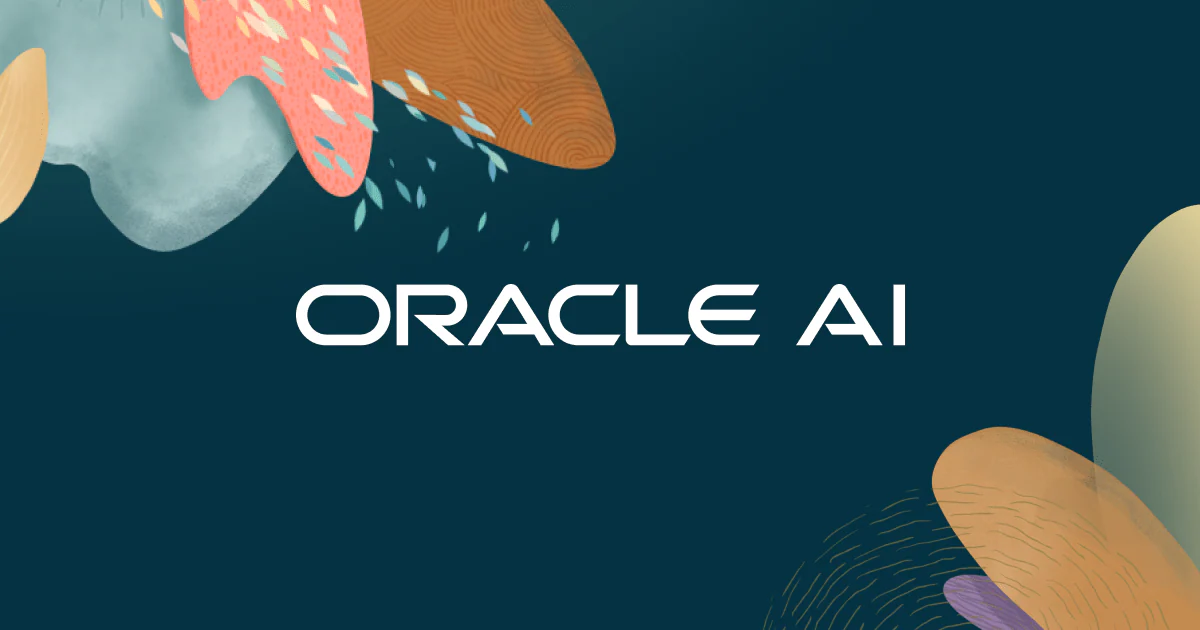
Web3 entrepreneurs can leverage the power of AI crypto projects by following these strategic steps:
Identify Business Opportunities
Begin by analyzing your business operations to pinpoint areas where AI crypto projects can enhance efficiency, decision-making, or create new revenue streams. For instance, consider how AI can optimize customer interactions or streamline supply chain logistics.
Develop AI-Driven Applications
Utilize the capabilities of AI crypto projects to build innovative dApps and platforms that seamlessly integrate blockchain and AI technologies. This approach can lead to unique solutions that address specific market needs.
Monetize Data and Resources
Explore how AI crypto projects can help monetize your business’s data and computing resources. By tapping into decentralized data marketplaces, you can unlock new revenue channels while maintaining control over your data.
Build Partnerships and Collaborations
Seek opportunities to collaborate with AI crypto projects, leveraging their expertise and technology to enhance your capabilities. Strategic partnerships can amplify your reach and improve your service offerings.
Stay Informed and Adaptable
The AI crypto landscape is constantly evolving. Stay informed about the latest developments, trends, and technologies to adapt your strategies accordingly. This proactive approach will position you for success in a rapidly changing environment.
Ethical Considerations for AI Crypto Projects
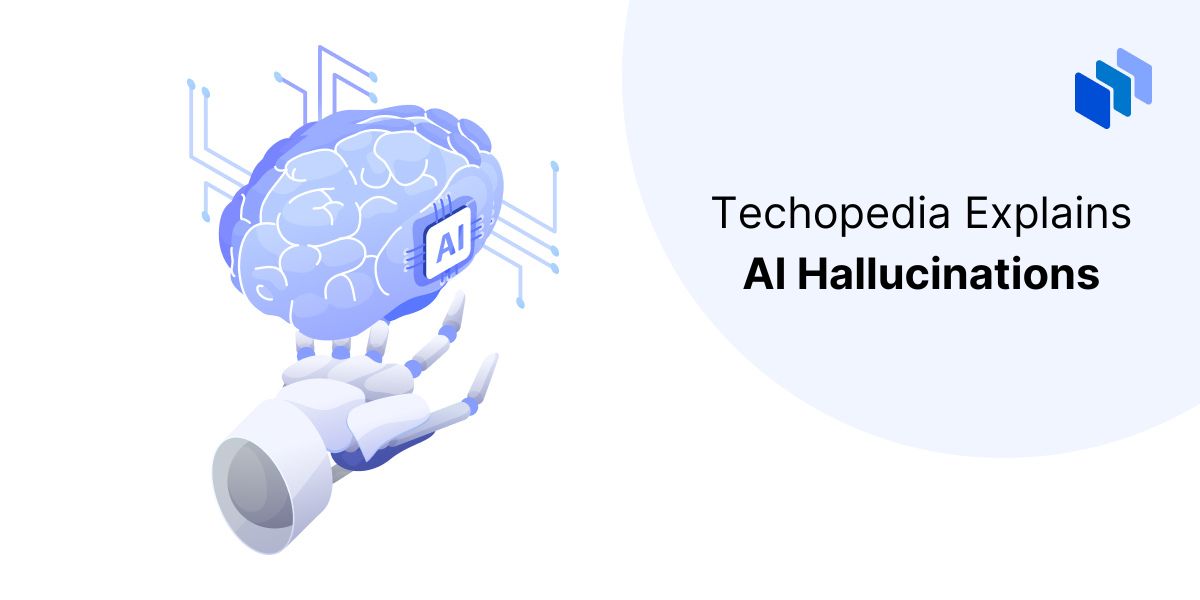
As Web3 entrepreneurs increasingly embrace AI-driven crypto projects, it becomes essential to consider the ethical implications of this powerful technology. Here are some key areas to focus on:
Bias
Addressing bias in AI models is crucial to ensure fairness and equity in Web3 applications. Developers must actively work to identify and mitigate bias in their algorithms to foster trust and inclusivity. This involves conducting thorough audits of AI systems to uncover hidden biases and ensuring diverse datasets that represent various demographics. By prioritizing fairness, developers can build applications that cater to a broader audience and promote equality within the ecosystem.
Privacy
Data privacy and security are paramount in AI crypto projects, particularly given the increasing scrutiny around data protection regulations like GDPR and CCPA. Entrepreneurs should implement robust measures for data collection, storage, and usage to protect user information and maintain compliance with these regulations. This includes utilizing encryption techniques, anonymizing user data, and providing transparent privacy policies that empower users to understand and control their data. By prioritizing user privacy, entrepreneurs can build a foundation of trust and credibility with their audience.
Security
The integration of AI in crypto projects introduces potential security risks that must not be overlooked. It is vital to establish strong security frameworks to safeguard user data and assets from threats. This involves implementing multi-layered security protocols, conducting regular security audits, and staying informed about the latest vulnerabilities and attack vectors. Additionally, educating users about best practices for keeping their assets safe can enhance overall security within the community.
Transparency
Transparency is essential for building trust in AI crypto projects. Open-source code, clear documentation, and accessible information are critical for ensuring accountability and fostering community confidence. By making their processes and algorithms transparent, developers can invite scrutiny and feedback from the community, which can lead to improvements and innovations. Engaging with users and stakeholders through regular updates, discussions, and collaborative initiatives can further strengthen trust and create a sense of shared ownership in the project.
In conclusion, as Web3 entrepreneurs venture into AI crypto projects, addressing these ethical considerations will not only enhance the technology’s effectiveness but also contribute to the overall health and sustainability of the ecosystem. By championing bias mitigation, prioritizing privacy, fortifying security, and embracing transparency, entrepreneurs can ensure that their innovations benefit users and society as a whole.
Conclusion
The landscape of AI crypto projects in the Web3 era presents both challenges and opportunities, demanding a nuanced approach to innovation. As entrepreneurs tread this evolving domain, a balanced strategy emphasizing ethical considerations, technological advancement, and community engagement becomes imperative. The intersection of AI and blockchain technology holds the potential to transform industries, create novel business models, and enhance user experiences. However, it is crucial to acknowledge and address the ethical complexities inherent in AI crypto applications. By fostering a culture of transparency, inclusivity, and responsibility, Web3 initiatives can cultivate trust and drive sustainable growth.
Moreover, continuous learning and adaptability will be key as new tools, protocols, and regulations emerge in the AI crypto space. Building networks with thought leaders, engaging with regulatory bodies, and actively participating in technology forums will equip Web3 entrepreneurs with the insights needed to navigate these waters successfully. Ultimately, those who integrate a deep understanding of AI, Web3, and ethical principles will be best positioned to create impactful and resilient solutions that stand the test of time. As this ecosystem unfolds, thoughtful innovation will be the cornerstone of a thriving, equitable digital future.

